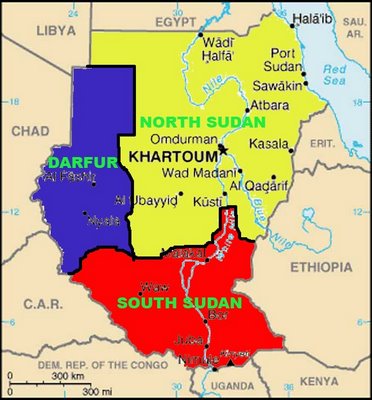
Joi 7 ianuarie, ora 20.00, în direct, pe Facebook și YouTube.
Invitați: Mihai Maci și Dănuț Mănăstireanu
Secularizarea nu se referă la dispariția religiei, ci la cunoașterea acesteia. Pe de o parte, Modernitatea – cu deschiderea ei – duce la pierderea unității religioase a omului medieval european și la compararea sistemului lui de credințe și de practici ritualice cu cele ale altor culturi. Pe de alta, creștinismul însuși se divide (de la un moment dat tot mai accelerat), se confruntă – timp de peste un veac – și nu-și găsește liniștea decât depășind conflictul religios printr-un acord rațional. Știința ce se naște în secolul XVII va disloca explicațiile imediate și voluntariste ale tradiției, opunându-le nu doar procesul deductiv al cunoașterii moderne, ci și puterea modelatoare a tehnologiilor, care au schimbat fața lumii și destinele oamenilor. În fine, creștinismul însuși intră într-o lungă perioadă de reflecție, de la traducerea Bibliei în limbile vernaculare, la confruntarea cu alte tradiții, cu știința și cu lumea pe care modernitatea a construit-o. Secularizarea nu e nimic altceva decât proiecția felului în care lumea modernă se raportează la creștinism și acesta din urmă își înțelege rosturile în modernitate. Timpul pe care ne e dat a-l trăi nu e unul lipsit de religie; atâta doar că aceasta și-a pierdut rolul central și universal pe care-l avea pentru omul medieval. Provocarea secularizării nu e aceea a ateismului invadator, ci aceea a unei credințe, deopotrivă smerită și surâzătoare.În cadrul acestei noi emisiuni, invitații noștri vor încerca să facă deosebirea între sistem de doctrină și ideologii. De asemenea, ei ne vor propune să vorbim despre mai multe concepte fundamentale, precum secularitatea, secularizarea, de-secularizarea sau chiar secularismul. Nu va fi evitat nici subiectul riscului produs de analfabetismul religios în contextul resurgenței sacrului în spațiul public și în cel al implicării religiosului în sfera publică.




















